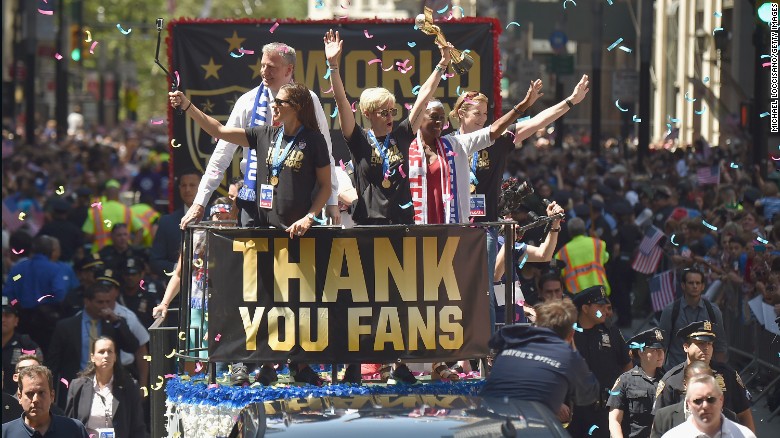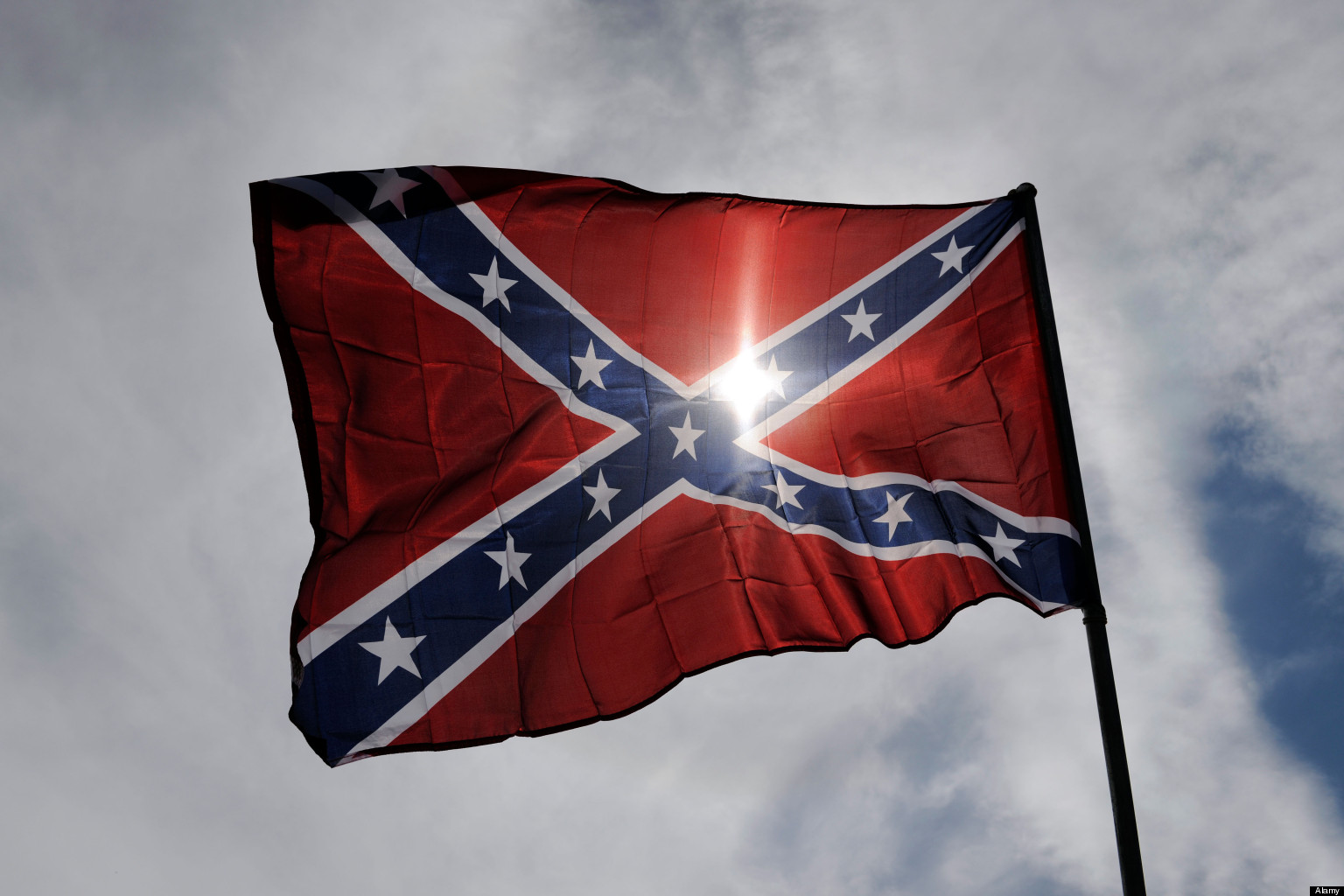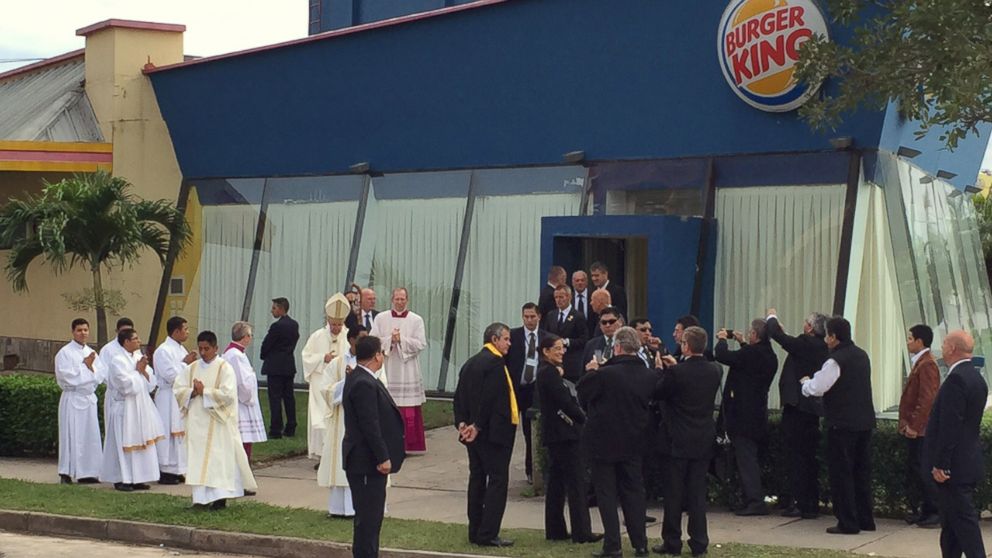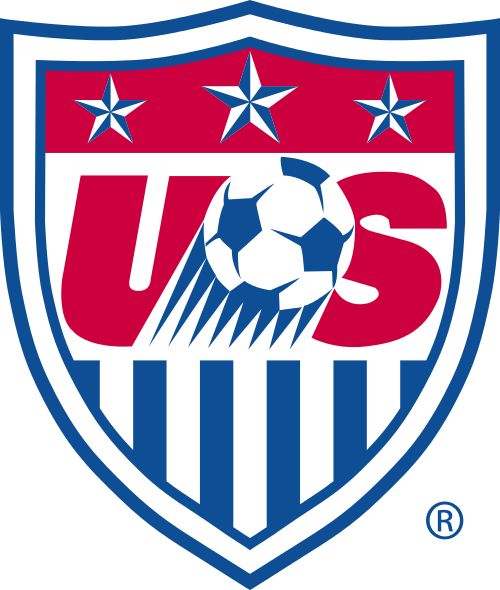When it comes to preventing and treating high blood pressure, one often-overlooked strategy is managing stress. If you often find yourself tense and on-edge, try these strategies to reduce stress.
Get enough sleep. Inadequate or poor-quality sleep can negatively affect your mood, mental alertness, energy level, and physical health.
Learn relaxation techniques. Meditation, progressive muscle relaxation, guided imagery, deep breathing exercises, and yoga are powerful stress-busters.
Strengthen your social network. Connect with others by taking a class, joining an organization, or participating in a support group.
Hone your time-management skills. The more efficiently you can juggle work and family demands, the lower your stress level.
Try to resolve stressful situations if you can. Don't let stressful situations fester. Hold family problem-solving sessions and use negotiation skills at home and at work.
Nurture yourself. Treat yourself to a massage. Truly savor an experience: for example, eat slowly and really focus on the taste and sensations of each bite. Take a walk or a nap, or listen to your favorite music.
Ask for help. Don't be afraid to ask for help from your spouse, friends, and neighbors. If stress and anxiety persist, ask your doctor whether anti-anxiety medications could be helpful.




